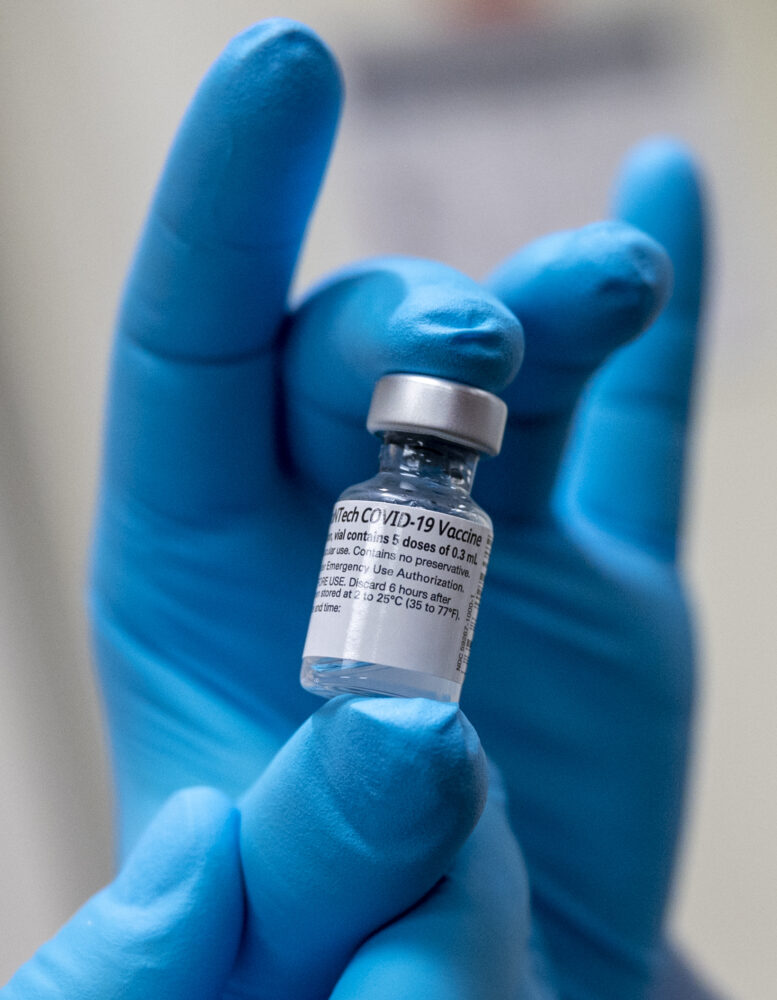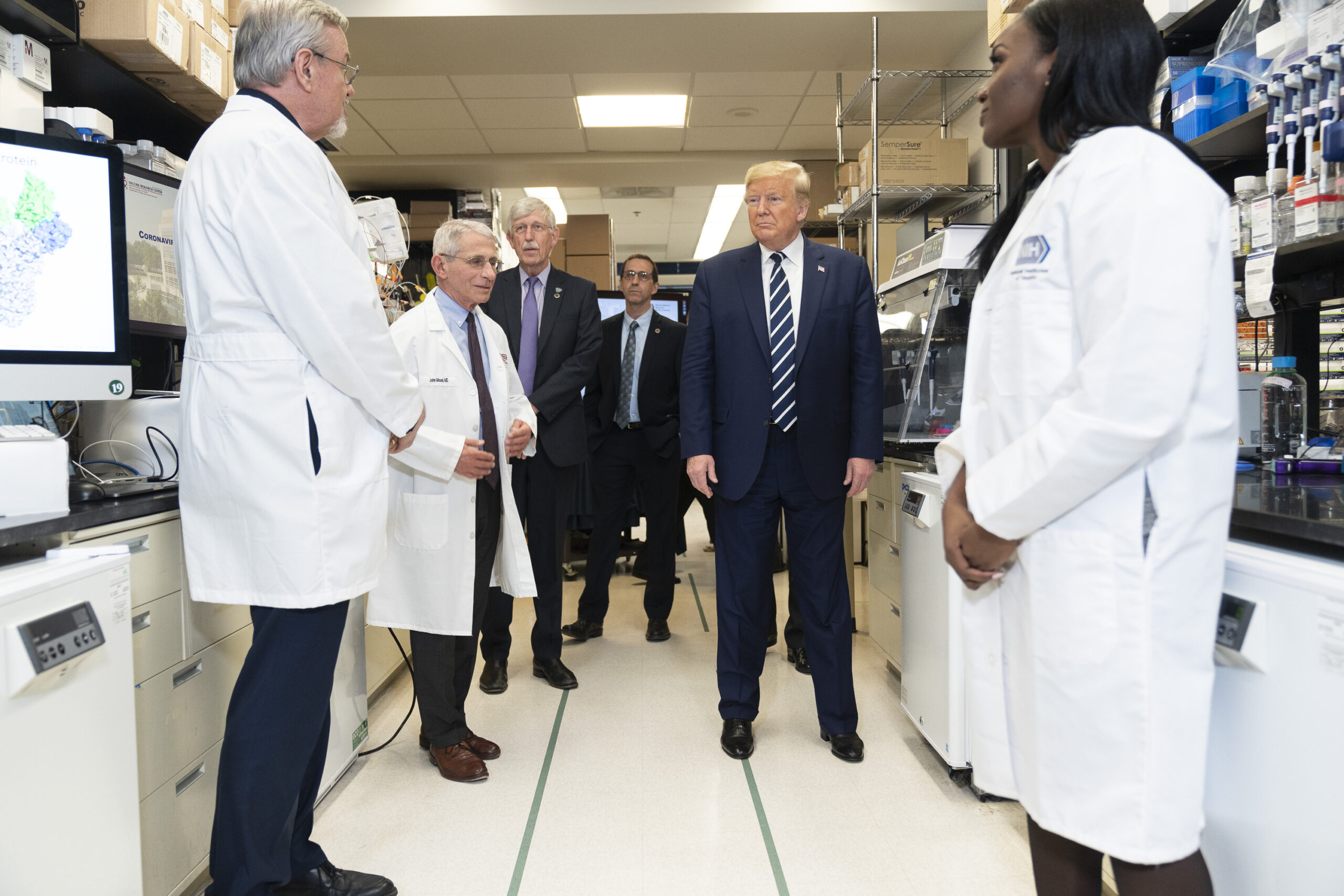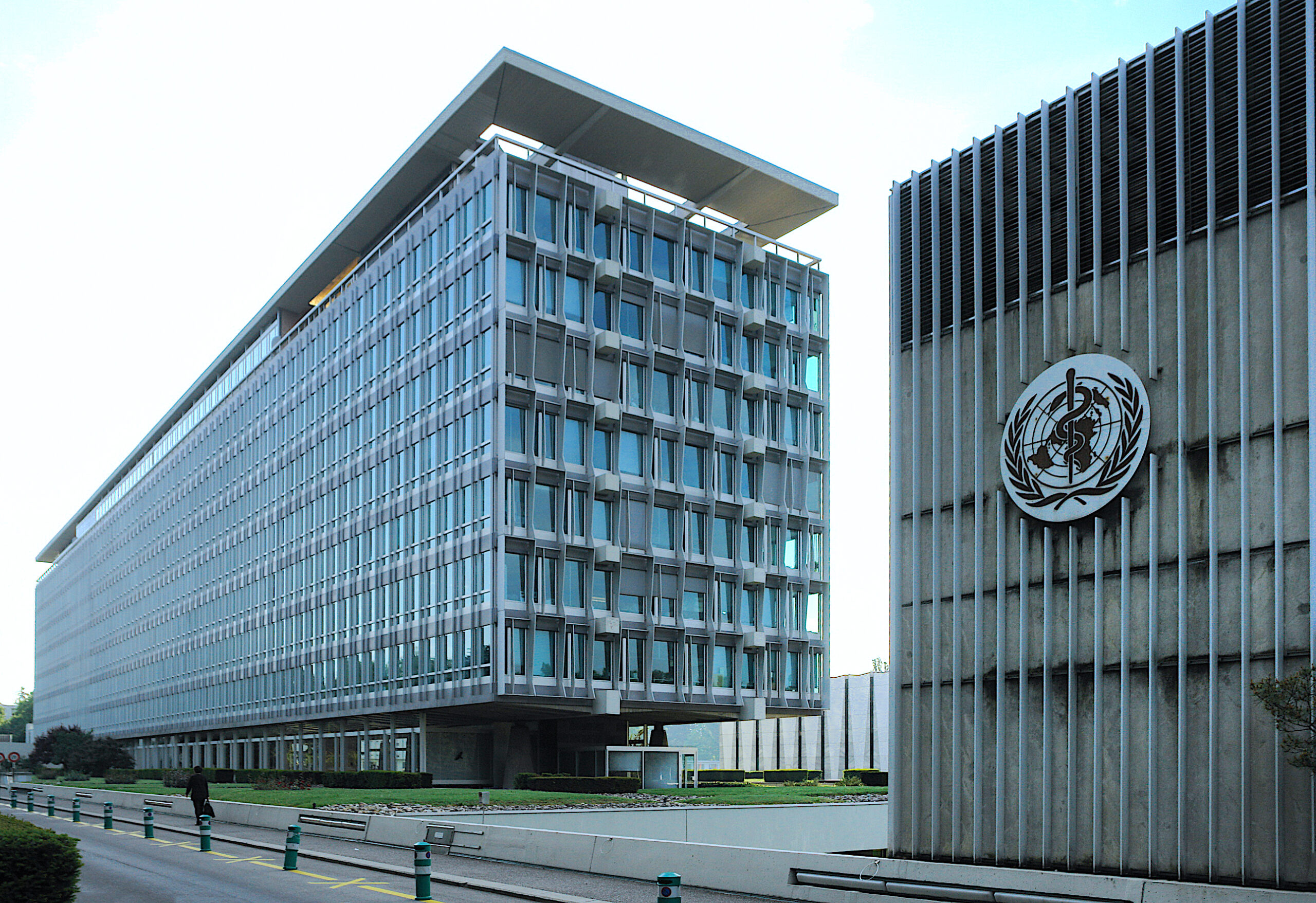Few people in poor countries will get vaccinated in 2021, making a mockery of the UN’s Sustainable Development Goals’ over-arching principle of “leaving no one behind,” the authors say.
By Anis Chowdhury and Jomo Kwame Sundaram
in Sydney and Kuala Lumpur
Inter Press Service

 Just before the World Health Assembly (WHA), a May 18 open letter by world leaders and experts urged governments to ensure that all Covid-19 vaccines, treatments and tests are patent-free, fairly distributed and available to all, free of charge.
Just before the World Health Assembly (WHA), a May 18 open letter by world leaders and experts urged governments to ensure that all Covid-19 vaccines, treatments and tests are patent-free, fairly distributed and available to all, free of charge.
Leaders of Italy, France, Germany, Norway and the European Commission called for the vaccine to be “produced by the world, for the whole world” as a “global public good of the 21st century,” while China’s President Xi Jinping promised a vaccine developed by China would be a “global public good.”
The United Nations secretary-general also insisted on access to all when available. The WHA unanimously agreed that vaccines, treatments and tests are global public goods, but was vague on the implications.
As Covid vaccines have become available, nearly 70 poor countries are left out. Many more people will be infected and may die without vaccinations, warns the People’s Vaccine Alliance, advocating equitable and low-cost access.
Please Contribute to Consortium News
During its 2020 Winter Fund Drive
As the rich and powerful secure access, poor countries will leave out most people as only 1-in-10 can be vaccinated in 2021, making a mockery of the Sustainable Development Goals’ over-arching principle of “leaving no one behind.”
Waiving WTO Rules
The authors of “Want Vaccines Fast? Suspend Intellectual Property Rights” (IPR) argue that IPR are the main stumbling block. Meanwhile, South Africa and India have proposed that the World Trade Organization (WTO) temporarily waive its Trade-Related Aspects of Intellectual Property Rights (TRIPS) rules limiting access to Covid-19 medicines, tools, equipment and vaccines.
The proposal — welcomed by the WHO director-general and supported by nearly 100 governments and many civil society organizations around the world — goes beyond the Doha Declaration’s limited flexibilities for national emergencies and circumstances of extreme urgency.
But Brazil, one of the worst-hit countries, opposes the proposal, together with the U.S., the EU, the U.K., Switzerland, Norway, Canada, Australia and Japan, insisting the Doha Declaration is sufficient.
The Empire Fights Back

Vial of the Covid-19 vaccine at Walter Reed National Military Medical Center, Bethesda, Maryland, Dec. 14, 2020. (DoD, Lisa Ferdinando)
The U.S. insists that IP protection is best to ensure “swift delivery” while the EU claims there is “no indication that IPR issues have been a genuine barrier … to Covid-19-related medicines and technologies” as the U.K. dismisses the proposal as “an extreme measure to address an unproven problem.”
The Federation of Pharmaceutical Manufacturers and Associations’ director-general claims it “would jeopardize future medical innovation, making us more vulnerable to other diseases,” while The Wall Street Journal denounced it as “A Global Covid Vaccine Heist,” warning “their effort would harm everyone, including the poor.”
Citing AstraZeneca’s agreement with the Serum Institute of India (SII) and Brazilian companies, other opponents assert that voluntary mechanisms should suffice, insisting the public-private COVAX initiative ensures fair and equitable access.
But the U.S. has refused to join COVAX, part of the WHO-blessed, donor-funded Access to Covid-19 Tools Accelerator (ACT-A), ostensibly committed to “equitable global access to innovative tools for Covid-19 for all.”
Intellectual Property Fraud
The Doha Declaration only covers patents, ignoring proprietary technology to safely manufacture vaccines. Meanwhile, there is not enough interest, let alone capacity among leading pharmaceutical companies to produce enough vaccines, safely and affordably, for everyone before 2024.
Despite the Doha Declaration, developing countries are still under great pressure from the EU and the U.S. The rules allowing “compulsory licensing” are very restrictive, with countries required to separately negotiate contracts with companies for specific amounts, periods and purposes, deterring and thus often bypassing those with li
mited financial and legal capacities.
South Africa cited the examples of Regeneron and Eli Lilly, which have already committed most of their Covid-19 antibody cocktail drugs to the U.S. In India, Pfizer has legally blocked alternative pneumococcal vaccines from Médecins Sans Frontières (MSF). In South Korea, Pfizer has forced SK Bioscience to stop producing its pneumococcal conjugate vaccine (PCV).
To be sure, patents are not necessary for innovation, with the Harvard Business Review showing IPR law actually stifling it. Meanwhile, The Economist has condemned patent trolling, which has reduced venture capital investment in start-ups and R&D spending, especially by small firms.
Public Subsidies

President Donald Trump and Dr. Anthony Fauci visit the Vaccine Research Center and the Viral Pathogenesis Laboratory at the National Institutes of Health, March 3, 2020. (White House)
Like most other life-saving drugs and vaccines, Covid-19 vaccines and treatment technologies owe much to public investment. Even the Trump administration provided $10.5 billion to vaccine development companies.
Moderna’s vaccine emerged from a partnership with the National Institute of Health (NIH). Research at the NIH, Defense Department and federally funded university laboratories have been crucial for rapid U.S. vaccine development.
Pfizer has received a $455 million German government grant and nearly $6 billion in U.S. and EU purchase commitments. AstraZeneca received more than £84 million ($111 million) from the U.K. government, and more than $2 billion from the U.S. and EU for research and via purchase orders.
But although public funding for most medicine and vaccine development is the norm, Big Pharma typically keeps the monopoly profits they enjoy from the IPR they retain.
Voluntary Mechanisms Inadequate

WHO Director-General Tedros Adhanom Ghebreyesus holds virtual briefing on Covid-19 pandemic in Geneva, April 15, 2020. (UN Photo/Eskinder Debebe)
COVAX seeks to procure 2 billion vaccine doses, to be shared “equally” between rich and poor countries, but has only reserved 700,000 vaccine doses so far, while the poorest countries, with 1.7 billion people, cannot afford a single deal. Meanwhile, rich countries have secured 6 billion doses for themselves.
Thus, even if and when COVAX procures its targeted 2 billion vaccine doses, less than a billion will go to poor countries. If the vaccine requires two doses, as many – including Gavi, the Vaccine Alliance – assume, this will only be enough for less than half a billion people.
Meanwhile, ACT-A’s diagnostics work seeks to procure 500 million tests, only a small fraction of what is required. Even if fully financed, which is not the case, this is only a partial solution at best.
But with the massive funding shortfall, even these modest targets will not be reached. To date, only $5 billion of the $43 billion needed for poor countries in 2021 has been raised.
Profitable Philanthropy
As of mid-October, while 18 generic pharmaceutical companies had signed up, not a single major drug company had joined WHO’s Covid-19 Technology Access Pool (C-TAP) to encourage industry contributions of IP, technologies and data to scale up worldwide sharing and production of all such needs.
Meanwhile, a few companies have “voluntarily” given up some IPR, if only temporarily.
Moderna has promised to license its Covid-19 related patents to other vaccine manufacturers, and not enforce its own patents. But their pledge is limited, allowing it to enforce its patents “post pandemic,” as defined by Moderna.
Besides profiting from licensing in the longer term, Moderna’s pledge will enable it to grow the new mRNA market its business is based on, by establishing and promoting a transformational drug therapy platform, yielding gains for years to come.
AstraZeneca has announced that its vaccine, researched at Oxford University, will be available at cost in some locations, but only until July 2021. Meanwhile, Eli Lilly has agreed, with the Gates Foundation, to supply — without demanding royalties from low- and middle-income countries — its (still experimental) Covid-19 antibody treatment, but did not specify how many doses.
Indeed, as Proudhon warned almost two centuries ago, “property is theft.”
Anis Chowdhury is adjunct professor at Western Sydney University and the University of New South Wales (Australia). He has held senior United Nations positions in New York and Bangkok.
Jomo Kwame Sundaram, a former economics professor, was United Nations assistant secretary-general for economic development, and received the Wassily Leontief Prize for Advancing the Frontiers of Economic Thought in 2007.
This article is from Inter Press Service.
The views expressed are solely those of the authors and may or may not reflect those of Consortium News.
Please Contribute to Consortium News’ Winter Fund Drive




America, Europe, the UK:
I guess you all forgot what Dr, Jonas Salk said about the polio virus: that no one could patent it, as that would be like trying to patent the sun. When humanity is suffering , real doctors, real scientists come to the aid of the planet—all the people of the planet. Greed will never make the planet free from this virus. It’s world wide now——how do you expect to control this virus, if you only care for people who live in nations with money?